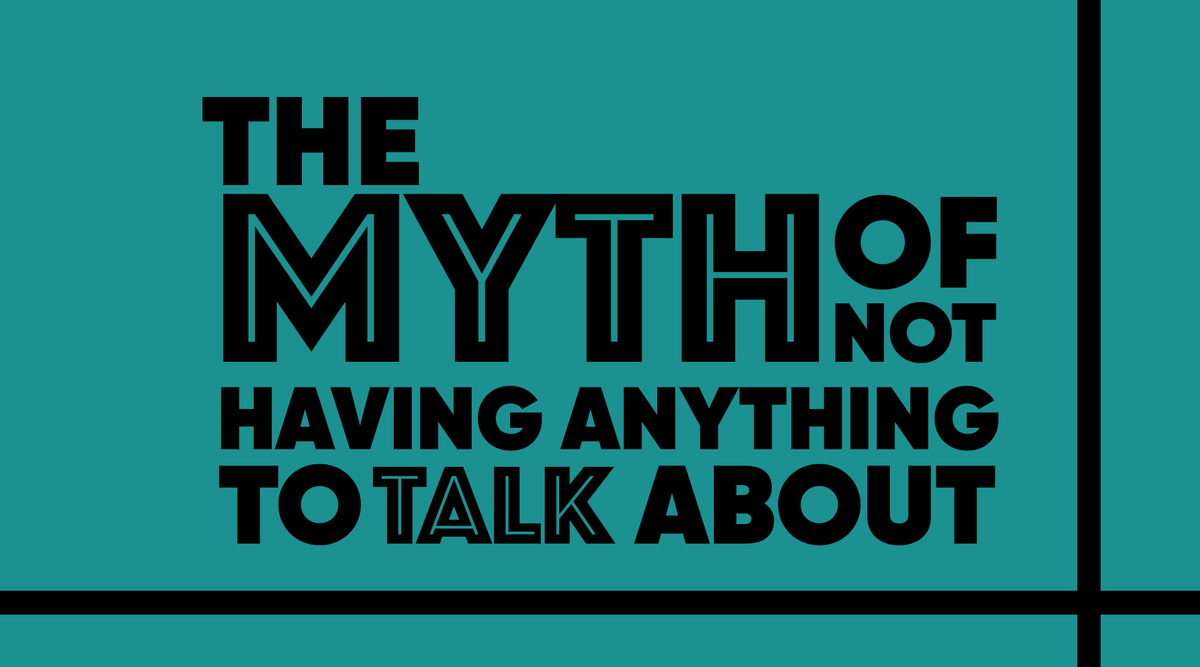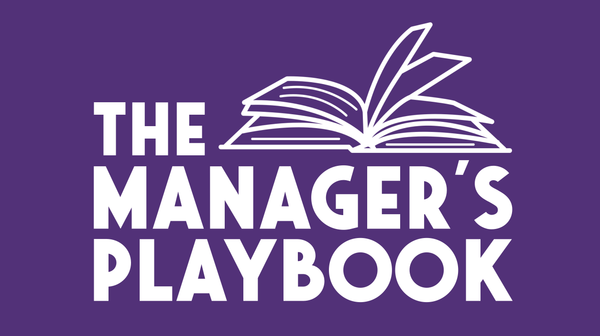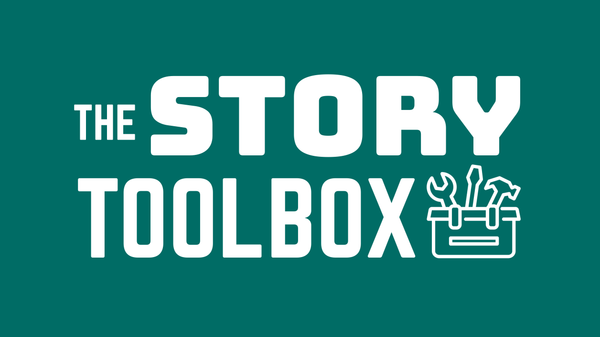The Myth of Not Having Anything To Talk About

I realised recently that I’ve been a conference speaker for almost 10 years. Now if you told me years ago that I would be doing this regularly and enjoy it, I would never have believed you: I used to be terrified of public speaking. There were all sorts of reasons for why I was terrified of it, but over the years I learnt about what scared me and how to deal with those fears. During that time I’ve not only given tons of conference talks myself, but I’ve also helped others get into public speaking through speaker coaching, workshops and giving meta talks about giving talks.
Most recently I spoke at two events (BarCampLondon XII and the London Ruby User Group) about designing more effective talks, and at both of these events I got reminded of a comment I often have heard from people over the years: “Oh, I would love to give more talks, but I don’t have anything worth talking about.” This is regularly paired with “Oh, I’m not an expert or anything, so who would want to listen to me?”
Maybe this is what you are thinking right now.
Maybe you want to give more talks, but you think you don’t have anything worth talking about.
Maybe you think you’re not an expert, so you shouldn’t be talking about this.
And that’s absolutely not true.
Everyone has something that’s worth sharing with others. Every person knows something that others don’t. It’s very easy to undervalue the things that we know, and that we assume are common knowledge. Not only that, even in the cases when we’re not the only one who knows something, you have your own unique take on it. There are 8 billion people on this planet, we all have our interests and topics that we resonate with, and your specific combination of your interests, your background and your experiences are unique to you. That means you have a unique perspective - only you can tell your stories. It’s up to you to discover what those stories are and share those with others.
You might not be the “number one expert” in something, but honestly you don’t have to be an expert to be the one talking about a topic. In some areas actually being a non-expert will give you a different and a more relatable perspective, allowing others to more easily understand the topic. Some of the best talks I’ve seen have been from people sharing what they’ve learnt recently. They‘re not the first person to be talking about that topic, they’re not the number one expert talking about that topic, but they’re sharing their personal take on how they approached that topic. We are all experts about our own lives and our own lived experiences and that makes us the perfect person to talk about them.
I know part of this can be rooted in a lack of confidence. I know that was the case for me. I had this expectation that to be a successful speaker I had to know all the answers to everything about the topic I was talking about. That I should be at the top of my field for others to want to listen to me. I was so scared of showing all the things that I didn’t know - that I lost track of all the things that I do know about. I was lucky to work in a team that celebrated what each person knew and brought to the team, and they boosted my confidence to share what I know with others.
One final point I want to highlight here is that it’s often easy to assume that the things we work on within our teams won’t be interesting to others and worth talking about. People assume that the challenges they’re coming across are either unique to them, so why would other people be interested in hearing more about it, or they assume that they’re so common that they think people will find it is general knowledge not worth repeating and sharing. Either way, in both those cases the opposite is often true.
When the challenge is unique to the team or the organisation, other people will be interested in hearing about it exactly because it is unique - it’s always fascinating to learn about other companies, industries or contexts, and finding out what types of things they’re facing. Then in the case where it is a more common problem, it’s because it’s more common that makes it interesting: people want to hear more about the similar issues teams are facing, discover different solutions to the same problems and get validation on their approach.
It’s easy to dismiss the things you work on day-to-day as not worth sharing. Take some time to reflect on what you’ve done recently: I bet there will be something interesting that you should be sharing and talking about!
So: if you’re someone who doesn’t have something to talk about, I disagree.
I think you’re someone who doesn’t know what to talk about yet.
Take the step to change your mindset right now: You do have something that’s worth talking about. You just don’t know what that is yet.
You are going to figure out what it is. You need to be curious and reflective, and take time to explore and brainstorm what is possible. But you have to start seeing yourself as someone who has something worth sharing first.
It might take some time to figure out what that exactly is for you, but you don’t have to do that on your own. I’ll be sharing more tips and exercises over the next few weeks to help you discover what you should be talking about.
What have your experiences been with this? Have you felt like you didn't have anything worth sharing? Leave a comment behind below with your thoughts.
Interested in speaker coaching or speaker training? Get in touch with me to discuss what you’re looking for.
Liked this post? Sign up to my newsletter below to get future blog posts delivered straight to your inbox.




